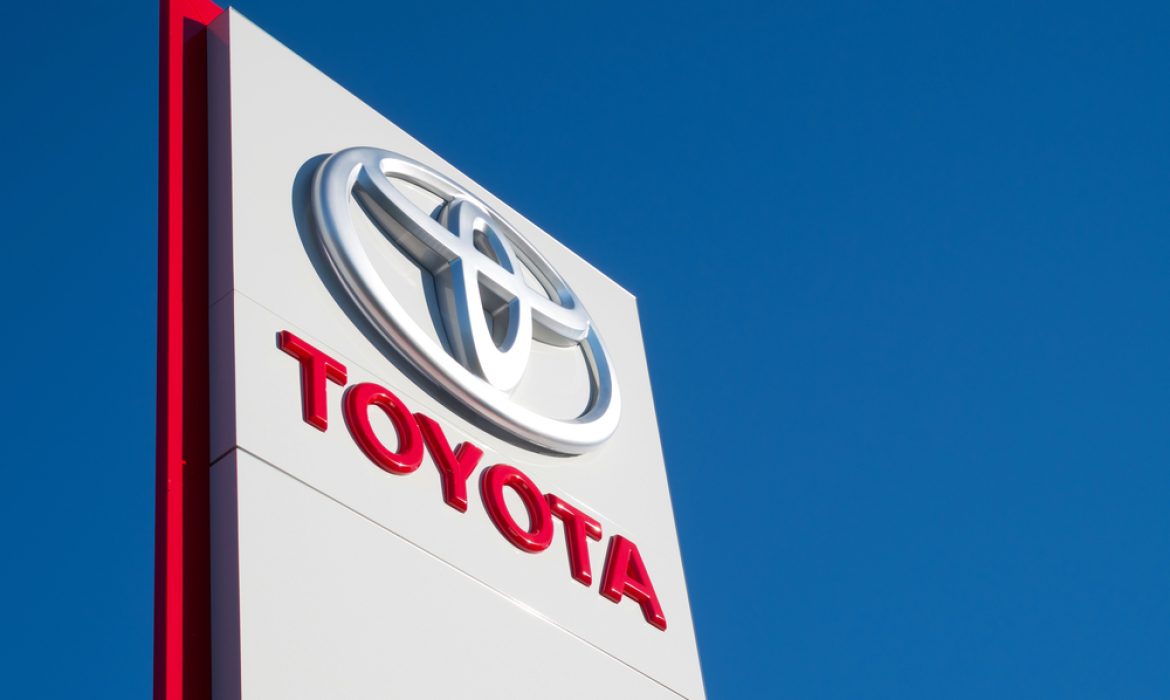Toyota has just dropped a game-changing bombshell in the world of electric vehicles (EVs): electric cars powered by solid-state batteries, offering an astounding range of up to 1,200 kilometers on a single charge and recharging in just 10 minutes.
The announcement represents a quantum leap in battery technology and comes as part of Toyota’s ambitious plans to slash the size, cost, and weight of batteries used in their electric vehicles. This leap forward is underpinned by a groundbreaking breakthrough in solid-state battery technology.
Keiji Kaita, President of Toyota’s carbon neutrality R&D center, emphasized the company’s commitment to revolutionizing the EV landscape. He expressed the intent to dramatically change the current battery paradigm, which is often criticized for its size, weight, and cost. Kaita boldly stated Toyota’s goal to cut all these factors in half, both in terms of size and cost.
But what sets solid-state batteries apart, and why are they generating so much buzz in the EV world?
Solid-state batteries are considered the holy grail of EV power sources, offering solutions to the inherent challenges of conventional lithium-ion batteries. These challenges include slow charging times, limited capacity, and safety concerns. Solid-state batteries address these issues by replacing the liquid electrolyte found in traditional batteries with a solid counterpart. Furthermore, they use metallic lithium on the anode, replacing the standard graphite. This fundamental shift in battery chemistry has the potential to revolutionize EVs.
While solid-state technology holds immense promise, its adoption has been hampered by production complexities and high costs, pushing manufacturers to focus on improving conventional lithium-ion batteries. However, Toyota’s announcement signals a paradigm shift. The company claims to have addressed the long-standing durability issues that have plagued solid-state batteries and discovered a breakthrough materials solution.
Initially, Toyota had intended to introduce hybrid vehicles with solid-state batteries by 2025. But recent advancements have given the company the confidence to fast-track mass production of these batteries for all-electric vehicles by 2027 or 2028.
This technological leap means that Toyota’s solid-state batteries could potentially provide EVs with an astonishing 1,200 kilometers of range, allaying the range anxiety that has deterred some from transitioning to electric cars. Furthermore, the 10-minute charging time is nothing short of revolutionary, making EVs even more convenient and accessible.
Additionally, Toyota’s streamlined manufacturing processes are expected to significantly reduce the production costs of solid-state batteries, potentially making them as affordable as or even more economical than liquid-based lithium-ion batteries.
Toyota’s bold move into solid-state battery technology has the potential to reshape the EV market, making electric vehicles more practical, affordable, and appealing to a broader audience. It’s a testament to the power of innovation and a glimpse into a future where EVs dominate our roads, offering cleaner and more efficient transportation for all.
